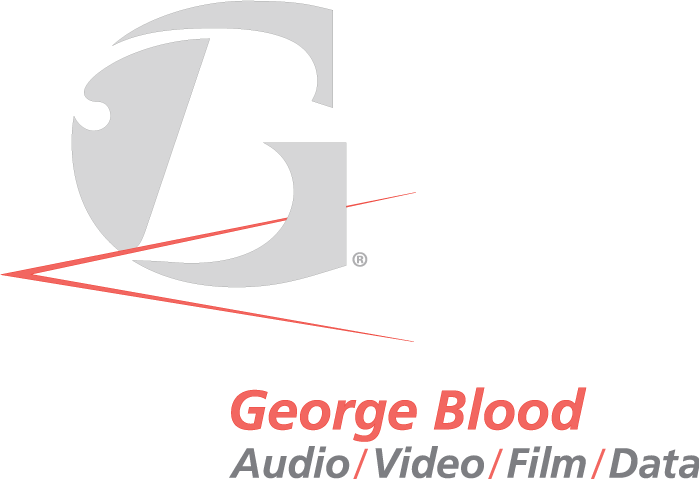I’ve spent the last few days at the Library of Congress for the Radio Preservation Taskforce conference. The organizing committee, and Josh Shepherd in particular, deserves high praise for the range of topics and voices that were heard. Unlike most conferences where a few people sport long PowerPoint presentations, this one had many short talks. Sessions covered acquisition, preservation, born digital, commercial radio, engagement, and future plans for the RPT. I confess to belonging to a large group of presenters who whined, “How is this supposed to work?” I enjoyed not only the range of topics and voices heard, but the high level of civility and respect. Whether presenter, discussant, or audience member, everyone kept their comments brief and on point, with respectful and thoughtful exchanges. All the sessions were recorded, some of the live-streamed, and will be available from their website.
Here are a few experiences that made the event worthwhile for me.
• Brecht Declarcq, Director of Digitization and Acquisitions for the Belgian digitization project, gave a preemptive talk on how European efforts compare with the USA. He made a very clear case that, allowing for the differences in starting condition and funding mechanics, the US is probably farther along in digitizing our audiovisual heritage than the EU, or any country in the EU. He also made a clear case for large scale consortial projects. His project, https://viaa.be/en (a site with a lot of information on their processes, logistics, tender process, etc.) is a collaboration of 120 organizations, from national and commercial broadcasters, to small museums and historical societies. VIAA organizes large scale digitization projects of specific formats. Every collaborator benefits from the economies of scale. Brecht shared his rule of thumb on the cost of mass digitization: “If you increase the project size by 1,000, the price of digitization decreased by 10x”.
• At the conference I learned Crawford Media is closing their migration services division. I’m sad to see the loss of this resource. Despite being competitors we were also colleagues, breaking bread together, sharing ideas, exploring how we could advance AV preservation. When I visited them in Atlanta I felt like a king as they gave me a tour and Steve Davis, an ex audio engineer, enjoyed giving a geek tour to a fellow audio nerd. I have a lot of respect for their work, and the the good people who worked there.
• Throughout the conference we heard tales of how institutional lawyers tell the archives and libraries they cannot make AV material available. During the session on commercial radio, the panelists said exactly the same thing! Is there comfort knowing universities and networks face this same obstacle? Paul Conway (made many good points, as usual) pointed out small user fees to cover the cost of digitization or licensing are significantly cheaper to researchers than traveling to access AV content on site. He also spoke to copyright as risk management (a view Peter Hirtle highlights, too https://copyright.cornell.edu/publicdomain, https://ecommons.cornell.edu/handle/1813/14142). Paul is working a collection of live concerts recordings from an Ann Arbor Landmark, The Ark. He’s learned many of the contracts were signed while the artists were stoned, drunk, or “in the back of a van”. Ok, so you have a signed release or contract; what’s it really worth? I asserted that “copyright is an excuse in search of a problem”. While the law is ambiguous at best, and at worst hostile to audiovisual reservation and access, in practice institutions that have put AV on the web have faced few objections. From oral histories to old radio programs. Perhaps the answer lies in managing the risk by avoiding the obvious (don’t put Disney movies on line), and having a clear and quick way for someone asserting rights to engage with your institutions. Can their objection be addressed with a correction? How about enriching the presentation? And if they still object, just take it down. Of course be sure they can demonstrate they do indeed hold the rights.
• I attended a session on how to engage researchers and other potential users in the growing collections of public broadcasting materials being made available through the Archives of American Public Broadcasting [http://americanarchive.org/] and other efforts. Allison Perlman managed a large crowd of researchers and content managers. Volunteers offered to distill the wealth of websites and ideas into a planning and resource document available to all, especially the RPT planners.
Before the event started https://en.wikipedia.org/wiki/Bill_Siemering, founding board member of NPR, introduced himself to me. He lives very close to our studios in Philadelphia. We agreed to get together, at the very least as neighbors.
• Without a doubt the highlight of conference was meeting Jim Lehrer. We’re digitizing 32 years of the NewsHour [https://www.pbs.org/newshour/] for AAPB. I’ve been a fan of the show for decades. Jim was warm, funny, and thanked me for the work we’re doing. I’m still a bit star struck.
Congratulations to Josh and the whole Radio Preservation Taskforce for a enriching, inspiring, and highly enjoyable conference.

